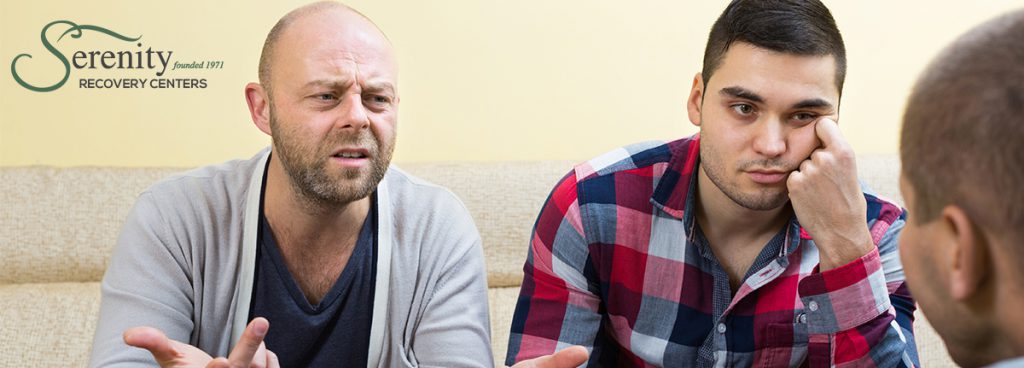Children who live in a home with conflict and substance abuse problems are often frightened and insecure. It’s easy to forget how adult behavior affects a child. When you don’t explain what is happening, your child may form his or her own conclusions about the addiction. For example, they may assume that it’s their fault the parent is acting badly. Many children act out in aggressive ways because they may not have the words to talk about how they are feeling. Some children might even start using substances themselves.

It is important to help your child process what is occurring in the house. Children are very aware of what is going on around them, but they often do not have enough experience to understand what is happening and why. They do know something is wrong, but because their world is egocentric, they can’t assess the situation properly. Of course, how you talk to your child will depend on his or her age. Here are some tips for talking to your child who is under the age of 10.
Be Honest
You do not have to share all the details of what is going on, but you should not lie to your child. You can tell very young children that the addicted person is ill from the addiction. Many children can understand the idea of not making good choices or wanting something really bad. Remember that your child can see through your deceptions. Instead of talking about the addiction, open the dialogue by asking your child how they feel.
Validate the Child’s Feelings
You may need to help the child find the words needed to describe how he or she is feeling. There are a number of books available that can help you talk to a child about the addiction and its effects on the family. A child needs to know that he or she isn’t the only one who is feeling confused and angry. The emotions are valid. This isn’t a license to bit someone or punch the wall. Give the child ways to deal with his or her anger instead of allowing it to fester inside.

Have One Person as a Contact
Children, even young ones, hear much more than most people realize. A child needs one person who can be the point of contact for correct information and explanations. Let your child know that it’s okay to ask questions. You will always tell them the truth. You may have to tell them that something is difficult to explain, but the chaos in the house is not their fault. Someone needs to be a reliable source of information.
Find Support for the Child
Some children may find it hard to talk to a parent. It could be that the non-addicted parent is dealing with too much to be effective in helping the child understand the addiction. Make sure your child has people that will be supportive. A therapist or religious leader might be a good resource, or a group like Alateen can be helpful. Children with a parent who is addicted will need to know what they can do for themselves to be healthy.
![]()
Serenity offers gender specific treatment and provides specialized groups related to life skills, relapse prevention and spiritual concepts.
NEED HELP ➡︎ (901) 521-1131
![]()
